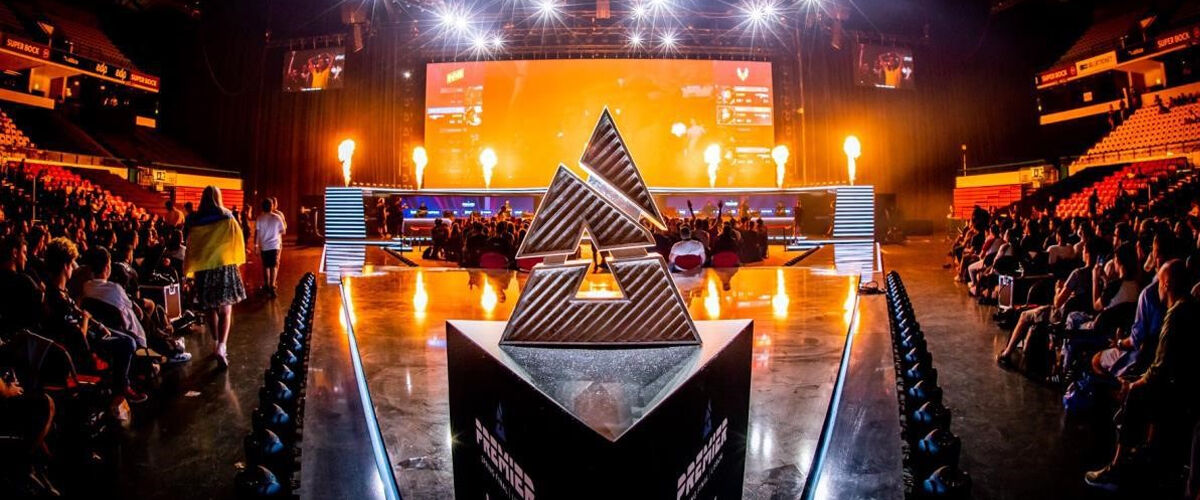BD124 Insights
Your go-to source for the latest news and informative articles.
CS2 Blast Premier: Where Tactics Meet Teammates in Epic Clashes
Discover the ultimate showdown in CS2 Blast Premier! Unleash tactics and teamwork in epic clashes that redefine competitive gaming. Join the battle now!
Top 5 Tactical Strategies in CS2 Blast Premier Matches
In the fast-paced environment of CS2 Blast Premier matches, employing effective tactical strategies can make or break a team's performance. Here, we delve into the top five tactical strategies that competitive teams utilize for success. Firstly, communication is vital; teams that maintain clear and concise communication can coordinate their movements and strategies more efficiently. This includes callouts for enemy positions and coordinating rushes or defenses. Secondly, map control plays a major role. Understanding the layout of the map and controlling key areas not only restricts the opponent's movement but also provides your team with advantageous positions for engagements.
Another crucial strategy is the use of utility effectively. Teams that master the art of throwing grenades—such as smokes and flashes—can disrupt enemy plans and create openings for their own plays. Fourthly, adapting to the enemy team’s strategy is essential. Teams must be ready to shift their tactics in response to what the opponents are doing, making real-time updates to plans. Lastly, practicing economic management is equally important; knowing when to buy, save, or force can dictate the flow of the match. By implementing these tactical strategies, teams can significantly enhance their chances of victory in the competitive realm of CS2 Blast Premier matches.

Counter-Strike is a highly popular multiplayer first-person shooter game that emphasizes teamwork and strategy. Players can acquire unique skins and gear for their weapons, including Kostenlose CS2-Hüllen, which enhance the visual appeal of their arsenal.
How Teamwork Makes the Dream Work in CS2: Insights from Recent Clashes
In the competitive landscape of Counter-Strike 2 (CS2), teamwork is more than just a tactic; it's the backbone of success in critical matches. Recent clashes have demonstrated how cohesive communication and synchronized strategies can turn the tide in the heat of battle. Players who understand their roles and work together effectively not only enhance their chances of winning but also create a more enjoyable experience for everyone involved. For instance, during a recent tournament, a well-coordinated team executed an undercover strategy that caught their opponents off guard, leading to a swift victory. This highlights that successful gameplay in CS2 is fundamentally rooted in the principles of teamwork.
Furthermore, analyzing the dynamics of recent matches showcases that individual skill, while essential, is often overshadowed by collective effort. Teams that utilize teamwork to build synergy among their players can implement advanced strategies and adapt quickly during matches. These strategies often include flanking, coordinated bomb planting, and tactical retreats, all of which rely on seamless collaboration. For instance, a game-breaking moment in a recent clash was when two players executed a split push that overwhelmed the enemy's defenses, showcasing the power of well-orchestrated teamwork. As the saying goes, 'Together we rise,' and this truth rings especially loud in the world of CS2.
What It Takes to Become a CS2 Blast Premier Champion: A Tactical and Team Perspective
Becoming a CS2 Blast Premier Champion requires not only individual skill but also a deep understanding of team dynamics and tactics. Players must develop a diverse skill set that includes precise shooting, map control, and the ability to read opponent strategies. Tactical awareness is crucial; teams must master various strategies, from aggressive pushes to strategic retreats, depending on their opponents' weaknesses. Each team member should be proficient in a variety of roles, enabling them to adapt when needed and ensuring a balanced approach on the battlefield.
In addition to individual prowess, communication and teamwork play a paramount role in achieving championship status. Regular scrimmages and analyzing past gameplay are essential for fostering synergy among team members. Effective communication during matches can make the difference in critical moments, leading to quick decision-making and coordinated attacks. The most successful teams not only practice their strategies but also focus on building trust and rapport, ensuring that every player feels confident in their decisions during high-pressure situations.